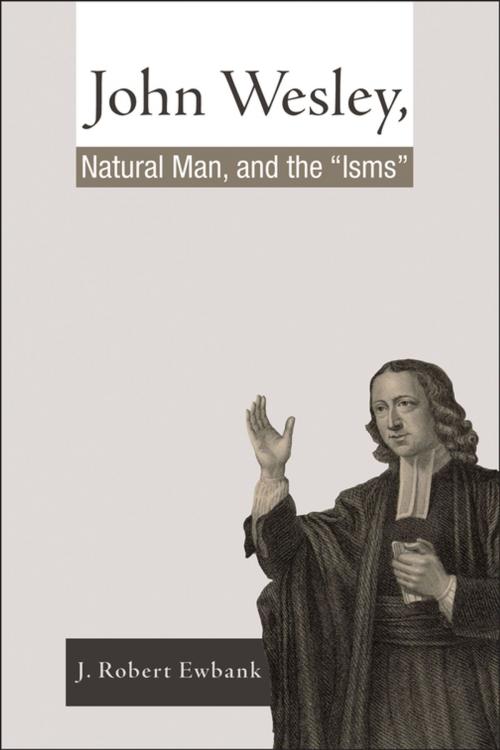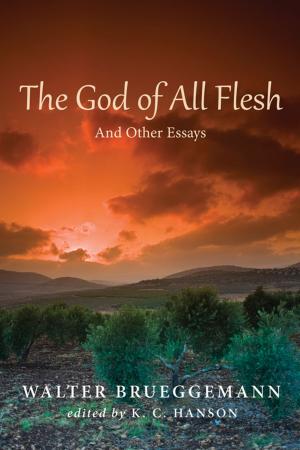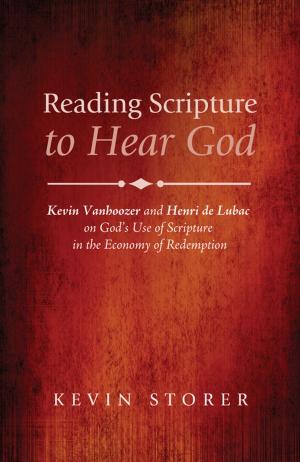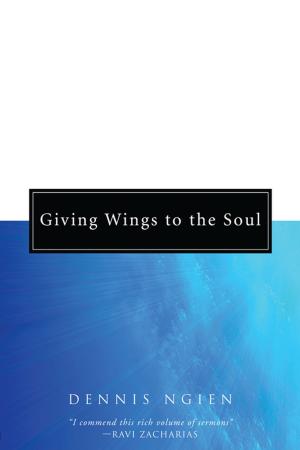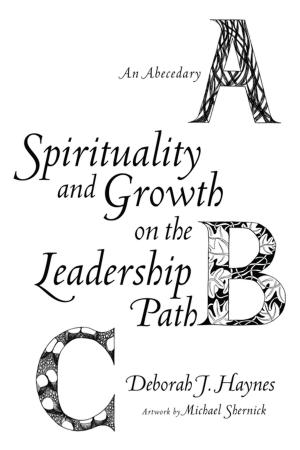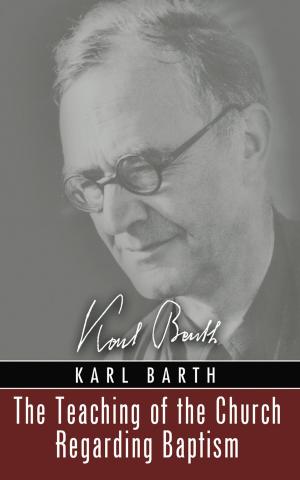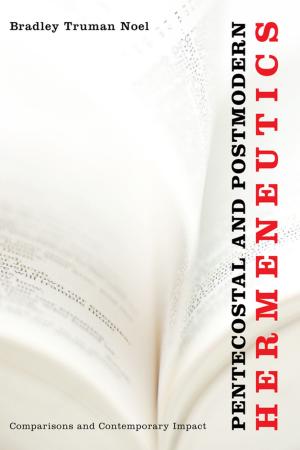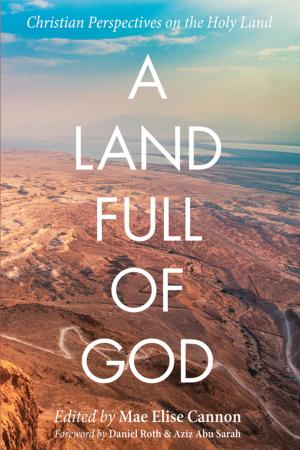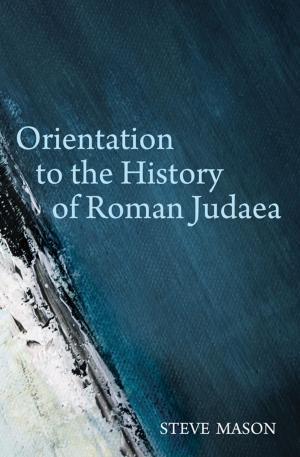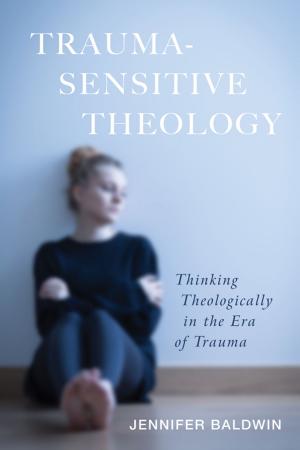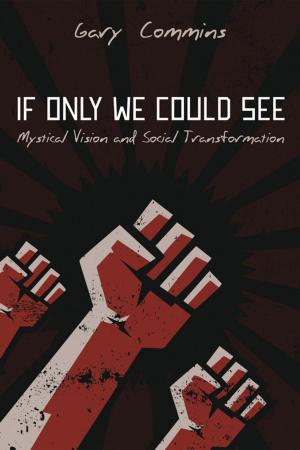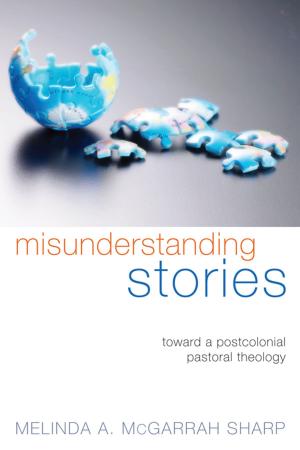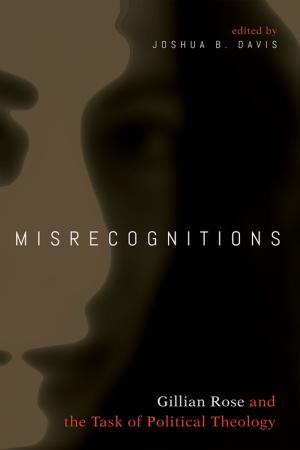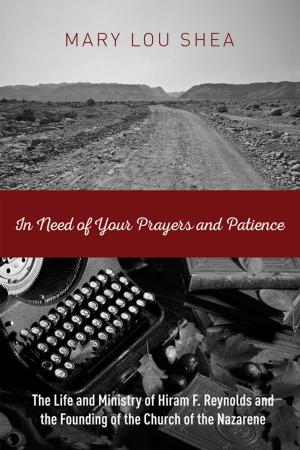| Author: | J. Robert Ewbank | ISBN: | 9781498275224 |
| Publisher: | Wipf and Stock Publishers | Publication: | June 5, 2009 |
| Imprint: | Resource Publications | Language: | English |
| Author: | J. Robert Ewbank |
| ISBN: | 9781498275224 |
| Publisher: | Wipf and Stock Publishers |
| Publication: | June 5, 2009 |
| Imprint: | Resource Publications |
| Language: | English |
John Wesley, founder of the Methodist Church, is one of the world's greatest religious figures. A practical rather than systematic theologian, he wrote and preached for the common man. He is well known as a man of one book (the Bible) but he read like no other during his time. We are left with fourteen volumes of his works and eight each of his letters and journals. His brother became the troubadour of Methodism, writing countless hymns. John also took classic Christian works and edited them for the common man to read. And if this were not enough, he preached thousands of times both indoors and out. In John Wesley, Natural Man, and the 'Isms', J. Robert Ewbank examines what Wesley thought about other religions. Did he think all religions were from God and therefore there was little difference between them, or did he think that there is uniqueness in Christianity? Was he concerned about other philosophies and thoughts about religion popular in his day? What did he think about Natural Man, the Indians, the Deists, the Jews, the Roman Catholics, and the Mystics? Were they also fine with him, or did he discuss the differences between them, revealing where he found them wrong? Furthermore, what did Wesley think about the possibility of salvation for all those who held to these other positions? Did he find that it is possible for them to be saved by a loving God, or have they stepped outside of the bounds, therefore requiring extreme difficulty to be saved?
John Wesley, founder of the Methodist Church, is one of the world's greatest religious figures. A practical rather than systematic theologian, he wrote and preached for the common man. He is well known as a man of one book (the Bible) but he read like no other during his time. We are left with fourteen volumes of his works and eight each of his letters and journals. His brother became the troubadour of Methodism, writing countless hymns. John also took classic Christian works and edited them for the common man to read. And if this were not enough, he preached thousands of times both indoors and out. In John Wesley, Natural Man, and the 'Isms', J. Robert Ewbank examines what Wesley thought about other religions. Did he think all religions were from God and therefore there was little difference between them, or did he think that there is uniqueness in Christianity? Was he concerned about other philosophies and thoughts about religion popular in his day? What did he think about Natural Man, the Indians, the Deists, the Jews, the Roman Catholics, and the Mystics? Were they also fine with him, or did he discuss the differences between them, revealing where he found them wrong? Furthermore, what did Wesley think about the possibility of salvation for all those who held to these other positions? Did he find that it is possible for them to be saved by a loving God, or have they stepped outside of the bounds, therefore requiring extreme difficulty to be saved?
